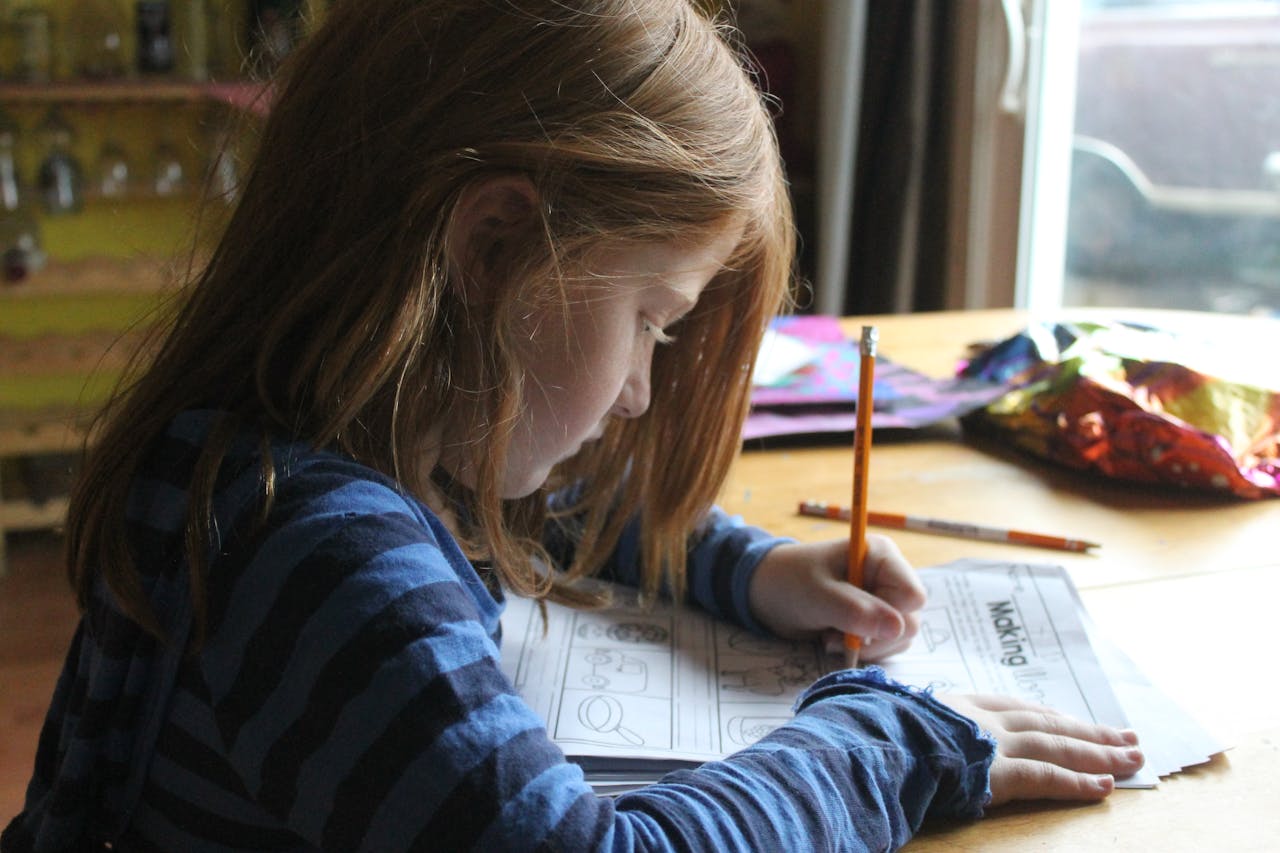Today’s teens live with constant connectivity, bigger academic pressure, and clearer safety rules. Old tactics that leaned on fear, shame, or total control clash with what research shows about motivation, trust, and adolescent brain development. Groups like the American Academy of Pediatrics discourage humiliation and harsh punishment, while studies on autonomy-supportive communication show better behavior and mental health. These ten “classic” moves often backfire. Use them as a checklist of what to replace with skills that build respect, responsibility, and real-world judgment.
1. “Because I Said So” As The Only Reason

Authoritarian commands can trigger pushback, not cooperation. Research on Self-Determination Theory shows teens follow rules more reliably when they hear clear reasons, feel some choice, and see fair limits. Authoritative parenting, which mixes warmth with structure, is linked to better grades and lower risk behaviors than strict control alone. Try this swap, state the rule, give a brief why, offer limited options that still meet the goal, then check understanding. The tone matters as much as the words, since respect keeps the door open.
2. Public Shaming To “Teach A Lesson”

Posting punishments online or humiliating a teen in public can raise anxiety, anger, and secrecy. The American Academy of Pediatrics warns that humiliation harms mental health and damages trust. Digital shaming also creates a permanent record that schools or colleges could see later. Private correction with specific feedback works better, for example, name the behavior, explain the impact, set a next step, and follow up. The goal is learning and repair, not viral attention. Respectful guidance keeps relationships intact, which improves behavior over time.
3. Taking The Phone For Weeks With No Plan

Total confiscation can break school logins, two-step verification, and safety check-ins. It also spikes psychological reactance, the urge to do the opposite when freedom feels blocked. A more effective approach is time-limited restrictions tied to a skill, like verifying homework, using app limits on school nights, or turning in the phone during sleep. Clear start and end times reduce fights. Teach settings for privacy, location sharing, and spam blocking. The focus shifts from punishment to safer, smarter use, which is what families actually need.
4. Scary Warnings About Drugs and Alcohol Do Not Work

Over-the-top fear talks often backfire. When facts are stretched, teens spot it, trust drops, and real advice gets ignored. Research shows skills-based prevention works better, like learning refusal lines, practicing how to leave a risky scene, and correcting myths about “everyone doing it.” School counselors often use motivational interviewing, a calm, question-based style that helps you weigh choices. Families can set clear rules plus a safe-ride plan and a call-home promise, so asking for help never earns automatic punishment.
5. Comparing Teens To Siblings Or Classmates

“Your brother did it, why can’t you?” sounds simple, yet social comparison is linked to lower self-esteem and more anxiety. Research on growth mindset and effective feedback shows teens improve faster when praise targets effort, strategies, and specific progress, not rank. Swap score-keeping for short, clear goals, like raising a grade by one letter, or submitting every assignment on time for two weeks. Track habits, not people. When wins are defined by personal improvement, motivation rises and resentment drops.
6. Homework-Only Rules With No Breaks

Forcing one long study block can tank focus. Cognitive science supports spaced practice, short breaks, and retrieval practice as stronger than cramming. Physical activity also boosts attention and mood, and pediatric groups recommend daily movement for teens. A smart plan uses 25 to 50 minute focus blocks, five to ten minute breaks, and a quick quiz or summary at the end. Light exercise between blocks resets energy. The result is better retention, less stress, and fewer late-night spirals.
7. Zero-Explanation Curfews With Harsh Penalties

Blanket curfews without context often lead to sneaking or lying. Safer routines come from collaborative plans, route checks, and quick updates. Many cities post local youth curfew rules, and families can align house rules with them. Agree on who is present, how to get home, and what to do if a ride falls through. Build a no-questions-asked pickup option for emergencies. When teens help set the time, understand the why, and see a fair consequence, they are more likely to be on time.
8. Reading Diaries Or Monitoring Every Message

Total surveillance may catch mistakes, but it often kills honesty. Developmental research shows privacy and trust help teens form identity and judgment. Instead of reading everything, teach safety skills, like blocking, reporting, strong passwords, and careful sharing. Use targeted checks, for example, reviewing new apps together or spot-checking settings after a concern. Keep a plan for serious risks, but lead with open conversation. Teens who feel respected are more likely to bring you problems early, when help works best.
9. Yelling Or Physical Punishment To “Reset” Behavior

Shouting and physical punishment can raise aggression and anxiety, and major pediatric and psychology groups advise against them. Positive discipline works better, using calm consequences that connect to the behavior, rehearsal of the right skill, and repair for harm done. If tempers rise, a short pause helps everyone reset. Afterward, teach the replacement behavior, like using a timer to leave games on time, or a script to refuse unsafe offers. Consistency and calm tone beat fear, every time.
10. Banning All Social Time Until Grades Improve

Cutting friends completely can increase loneliness and worsen mood, which hurts school performance. Strong peer connections support resilience, while structured activities give safe places to belong. Instead of a full ban, use time limits tied to progress, like social time after finishing a study block or after a week of on-time work. Encourage supervised clubs, sports, music, or volunteering. The message becomes, school first, friends still matter. Balanced routines protect mental health and keep motivation steady.


